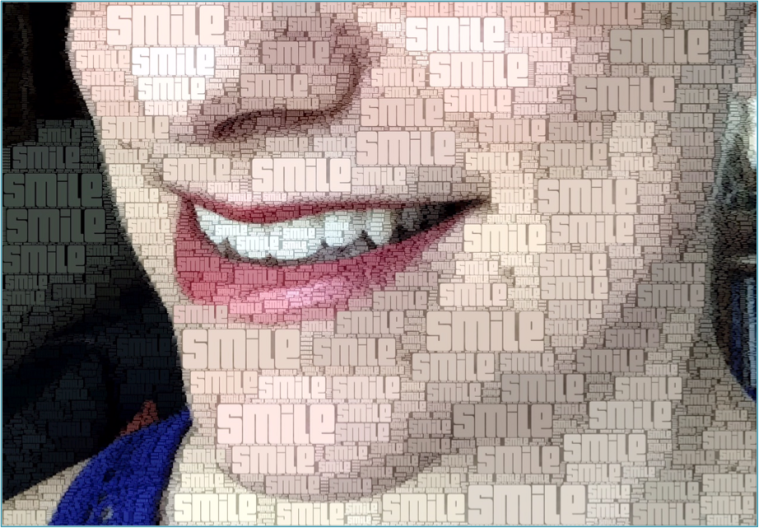Frameworks, formulas, modalities, systems. They serve us well. Whether it’s a lesson planning framework you use to teach a language skill, or the set of rules you follow within your religion, systems help tame the chaos of daily living. But in this taming, don’t we risk losing our creative freedom of self-expression?

My framework geek-out story
If you’ve been in one of my classes, if you’ve seen me present, if you’ve been in one of the self-development groups I facilitated, or if you’ve been reading this blog for a while, you’ll know that I’ve been a fan of certain learning frameworks. You might even say that I was a framework crusader. The two main frameworks I’ve preached are the “observation, feelings, needs, request” communicative framework of Nonviolent Communication (NVC) and the Experiential Learning Cycle (ELC) which is a reflective practice framework used for personal and professional development. The combination of these frameworks was even the central theme of a chapter I wrote for a book that was published last year.
My framework shame story
But what I couldn’t articulate for a long time was how I often felt constrained by these frameworks. It was Jadah Sellner’s interview with Elizabeth DiAlto on the Untamed the Wild Soul Podcast that helped me pinpoint the dissonance I felt. In the interview, Elizabeth gives a brilliant explanation (at 28:14) of why people might feel as I do:
There is a lot of danger with frameworks and formulas because they will work for some people. Some people are built to follow them. So many are not. And the people who aren’t rarely go, “Oh, that wasn’t the framework for me.” They’re usually like, “What’s wrong with me? I’m the worst.” They compare themselves to all the people it does work for, when it’s just (…) you’re a uniquely designed person. You’ve got to figure out your own way.
This! A version of this inner dialogue had been going on for years. I especially felt it in relation to NVC. The story was usually along the lines of me not being compassionate enough, not enough of a good listener, or that I didn’t use the framework well enough. At some points I even considered myself a fraud for writing or talking about NVC. Who was I to promote NVC when I felt challenged in using the framework in personal relationships?
When I first learned about the ELC, and during the first four years of this blog, I used it anytime I faced a challenge in my teaching. It was super helpful. But after a while, I started to doubt myself and avoided using it to reflect on my teaching. Then I judged myself for not using it, and eventually the inner dialogue was that I wasn’t a good teacher.

My NEW story
Now that I’ve stepped back from both, and took some time to follow my own creative flow, I can see how I didn’t feel free to fully express myself within these frameworks . At first, they were exactly what I needed. They helped me navigate unfamiliar territory, and helped me out of some challenging situations. But as my self-awareness grew, and as I made my own path, the frameworks felt constrictive. I felt like a snake who was choosing to remain in its old skin.
Of course this was all self-inflicted. I didn’t have to follow these frameworks. I chose to because of an older story: others know better than me. I was looking outside myself for a way to live a good life, a better life, when the truth is everything I’ve ever needed has always been inside of me (as Elizabeth always says), and the life that I have now is good as it is.
Frameworks can provide a solid foundation for those who are starting a new career or who are exploring new concepts. This is how they helped me. However, it’s important to remember that I can take what I want from these frameworks, and I can leave behind what doesn’t work. In doing this, I create my own framework: the framework of my own wildly unique life.
Do you have a similar story with frameworks, formulas, modalities, or systems? Which story are you in right now: the geek-out, the shame, or the new story?
To receive bi-weekly updates, sign up for my mailing list HERE.




